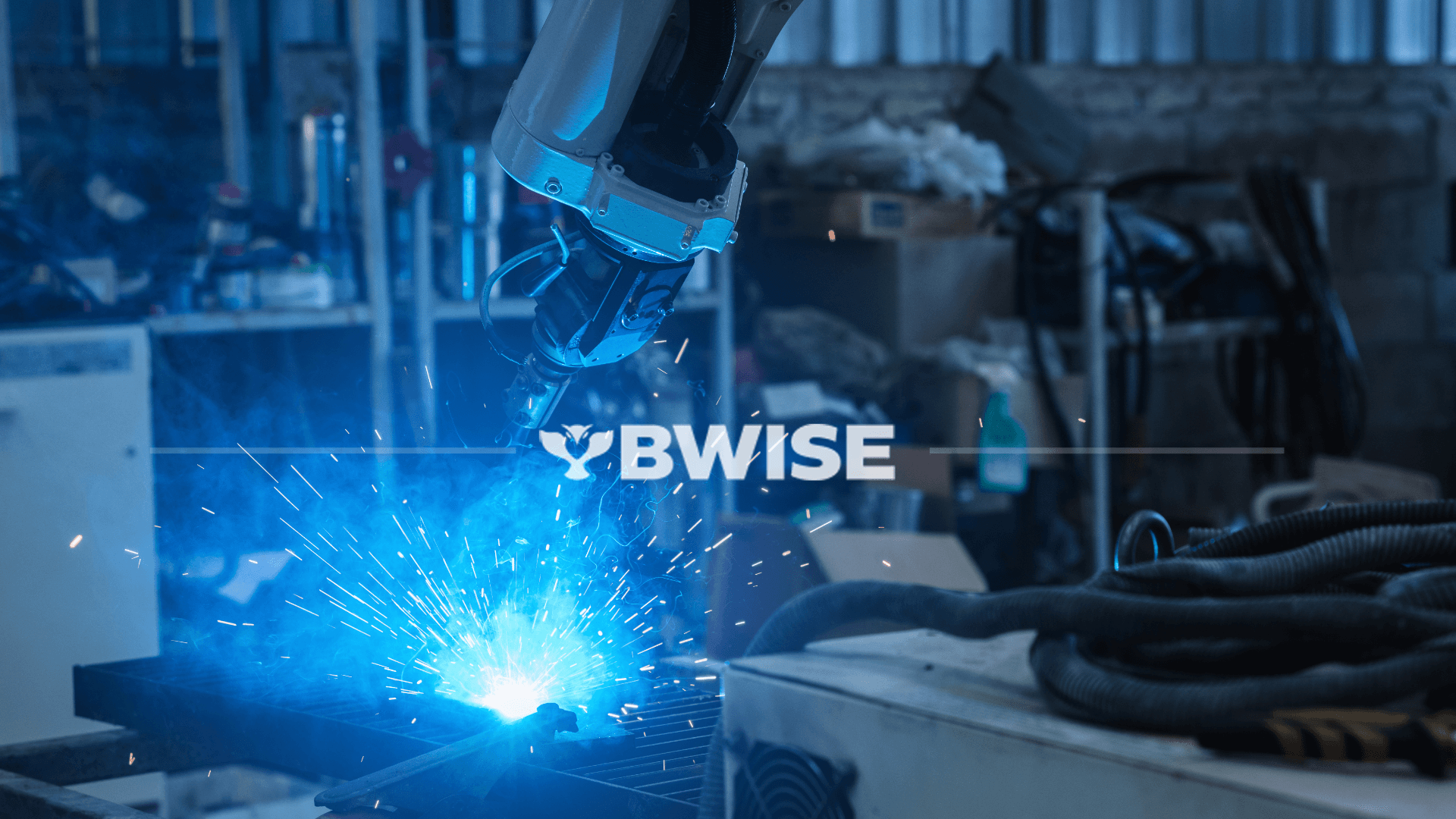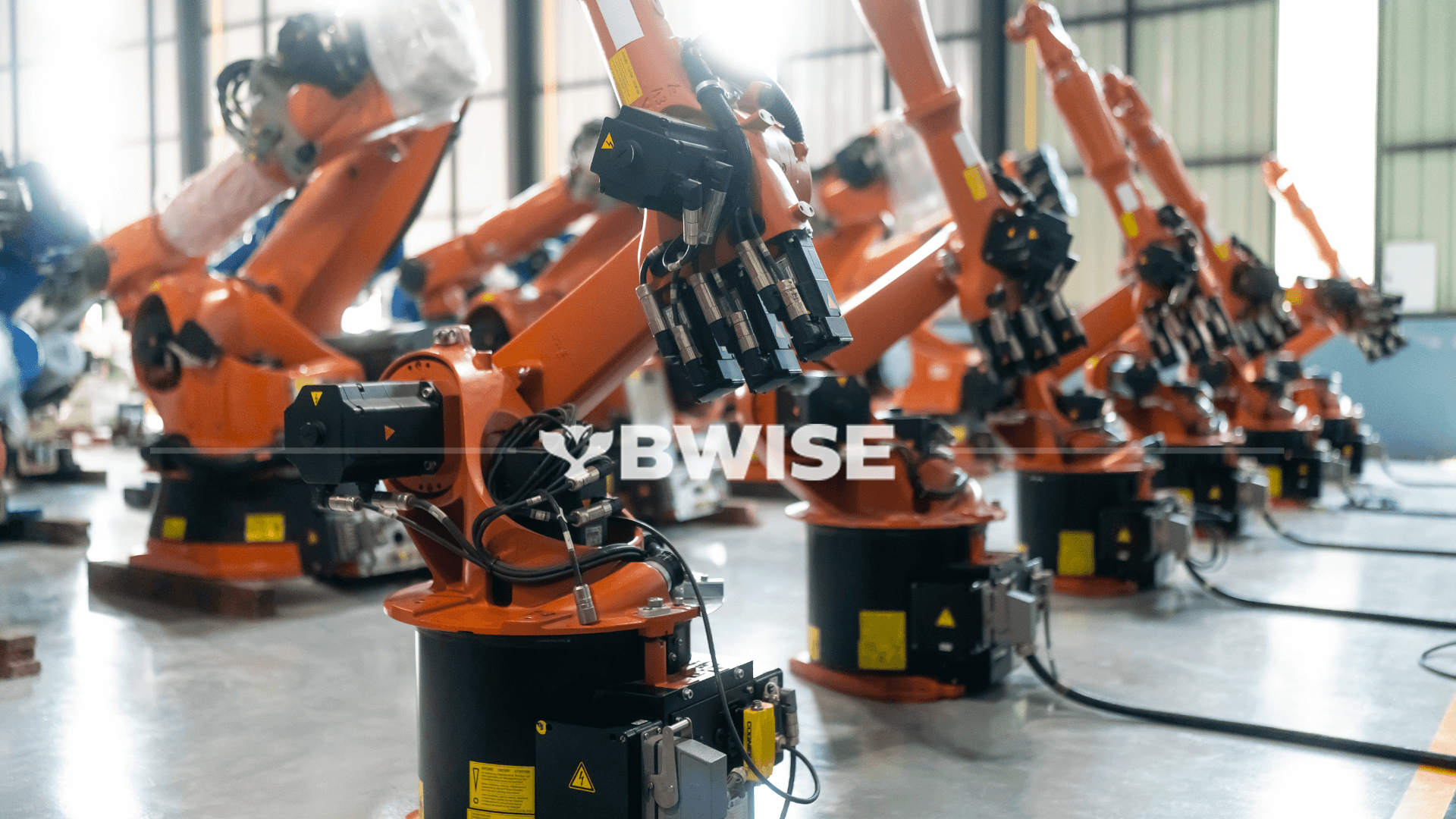
Welcome to the world of smart factories powered by SAP Digital Manufacturing! In this article, BWISE will take a deep dive into the concept of SAP for Digital Manufacturing and discover how it can revolutionize your production process. With SAP DM you can streamline operations and boost efficiency, transforming your factory into a state-of-the-art facility.
Key Takeaways:
- SAP Digital Manufacturing is a meaningful change for smart factories by enhancing operations and improving efficiency.
- The production process can be streamlined by leveraging the power of automation, real-time data, and predictive analytics.
- Supply chain management, production planning, and resource optimization are key areas where SAP Digital Manufacturing excels.
- Data-driven decision-making and real-time insights are at the core of SAP Digital Manufacturing, leading to increased efficiency and productivity.
- By embracing SAP Digital Manufacturing, manufacturers can stay ahead in the rapidly evolving industry landscape and unlock the full potential of their production process.
Key Topics:
The Power of SAP Digital Manufacturing
Smart factories are at the forefront of innovation in today’s rapidly evolving manufacturing landscape. By harnessing the power of SAP DM, traditional factories can undergo a transformative journey to become intelligent and adaptive production facilities.
One of the key pillars driving this transformation is automation. Leveraging innovative technologies, smart factories integrate automation into various processes, eliminating manual tasks, and reducing human error. This increases operational efficiency and enables manufacturers to meet growing demands.
Real-time data plays a pivotal role in the success of smart factories. By connecting machines, devices, and equipment through the Internet of Things (IoT), manufacturers gain access to a wealth of real-time information that empowers them to make data-driven decisions. This enables proactive monitoring and control of production processes, ensuring optimal performance and minimizing downtime.
Predictive analytics takes this concept a step further by using advanced algorithms to analyze historical and real-time data, enabling manufacturers to anticipate and prevent potential issues. This empowers them to optimize resource allocation, minimize waste, and enhance overall productivity.
The combination of automation, real-time data, and predictive analytics creates a powerful ecosystem within smart factories. By leveraging these capabilities, manufacturers can optimize operations, reduce costs, and accelerate time-to-market. They can achieve improved quality control, enhanced supply chain visibility, and streamlined production planning.
SAP for Digital Manufacturing offers a comprehensive suite of tools and functionalities that enable manufacturers to harness the power of smart factories. From end-to-end process integration to real-time monitoring and analytics, SAP for Digital Manufacturing empowers manufacturers to drive business growth through innovation and efficiency.
In the next section, we will explore how SAP streamlines operations within smart factories, focusing on supply chain management, production planning, and resource optimization.

Streamlining Operations with SAP Digital Manufacturing
When it comes to smart factories, efficient operations are key to success. With SAP for Digital Manufacturing, manufacturers can optimize their supply chain management, production planning, and resource utilization, leading to streamlined operations and improved overall efficiency.
One of the key advantages of SAP for Digital Manufacturing is its ability to enhance supply chain management. By integrating data from various sources and providing real-time insights, manufacturers can make informed decisions regarding inventory management, demand forecasting, and supplier collaboration. With a well-managed supply chain, manufacturers can reduce lead times, minimize costs, and ensure timely delivery of products to customers.
Another aspect where SAP for Digital Manufacturing excels is in optimizing production planning. By leveraging advanced analytics and algorithms, manufacturers can create accurate production schedules, balance workloads, and minimize downtime. This enables efficient allocation of resources, reduces bottlenecks, and ensures optimal utilization of equipment and workforce.

Seamless Integration and Resource Optimization
Resource optimization is another crucial factor in streamlining operations within smart factories. SAP for Digital Manufacturing offers a range of tools and functionalities that allow manufacturers to monitor and optimize resource usage. Real-time visibility into machine performance, energy consumption, and workforce productivity empowers manufacturers to identify areas for improvement and take proactive measures to enhance efficiency.
With SAP for Digital Manufacturing, manufacturers can also benefit from seamless integration across various manufacturing processes. The platform enables data sharing and collaboration between different departments and systems, facilitating real-time decision-making and enhancing operational agility. This integration eliminates data silos, improves communication, and enables effective coordination between production, maintenance, quality control, and other key functions.
Unlocking the Potential of Smart Factories
By streamlining supply chain management, optimizing production planning, and maximizing resource utilization, SAP for Digital Manufacturing empowers manufacturers to unlock the full potential of their smart factories. With improved operational efficiency and productivity, manufacturers can meet customer demands more effectively, reduce costs, and gain a competitive edge in the market.
In the next section, we will explore how SAP for Digital Manufacturing boosts efficiency in the production process through data-driven decision-making, real-time insights, and effective quality control.
Boosting Efficiency in the Production Process
In today’s fast-paced manufacturing industry, efficiency is key to staying competitive and meeting customer demands. With SAP for Digital Manufacturing, companies can unlock the power of data-driven decision-making and real-time insights to enhance productivity and optimize their production processes.
One of the key advantages of SAP for Digital Manufacturing is its ability to facilitate data-driven decision-making. By harnessing the power of real-time data, manufacturers can gain valuable insights into their production processes, identify areas for improvement, and make informed decisions swiftly. This data-driven approach enables them to streamline operations, reduce costs, and drive continuous improvement.
Additionally, SAP for Digital Manufacturing empowers manufacturers with real-time insights, providing a holistic view of their production operations. Through centralized monitoring and analytics, companies can stay informed about key performance indicators, production statuses, and resource utilization. This real-time visibility allows for proactive decision-making, enabling manufacturers to identify bottlenecks and address them promptly, minimizing downtime and maximizing efficiency.
Quality control is another critical aspect of the production process, and SAP for Digital Manufacturing offers robust capabilities in this area. By integrating quality control processes with the manufacturing workflow, companies can ensure consistent quality standards are met throughout the production lifecycle. Real-time monitoring and analytics enable early detection of quality issues, allowing for immediate corrective actions and reducing the risk of product defects and customer complaints.
Optimizing maintenance activities is also essential for maximizing operational efficiency. SAP for Digital Manufacturing provides tools and functionalities that assist in predictive maintenance, enabling companies to schedule maintenance activities based on real-time data and historical trends. By identifying potential equipment failures in advance and conducting preventive maintenance, manufacturers can minimize unplanned downtime, improve equipment reliability, and extend asset lifecycles.
Through data-driven decision-making, real-time insights, quality control, and maintenance optimization, SAP for Digital Manufacturing helps manufacturers boost efficiency in the production process. By leveraging these capabilities, companies can drive operational excellence, reduce costs, and deliver high-quality products to meet customer expectations.
Conclusion
In conclusion, SAP Digital Manufacturing offers tremendous potential for revolutionizing the manufacturing industry by transforming traditional factories into smart factories. By leveraging advanced technologies such as automation, real-time data, and predictive analytics, manufacturers can streamline their operations and boost overall efficiency.
Implementing SAP for Digital Manufacturing enables manufacturers to optimize supply chain management, enhance production planning, and maximize resource utilization. The integration of SAP for Digital Manufacturing across various manufacturing processes ensures seamless operations and improved coordination.
With SAP Digital Manufacturing, manufacturers can make data-driven decisions in real-time, leading to better quality control, identification of bottlenecks, and optimized maintenance activities. This not only increases operational efficiency but also drives productivity and business growth.
In a rapidly evolving industry landscape, embracing SAP for Digital Manufacturing is essential for staying ahead of the competition. By unlocking the full potential of their production processes, manufacturers can achieve streamlined operations, increased efficiency, and improved productivity, positioning themselves as leaders in the manufacturing industry.

